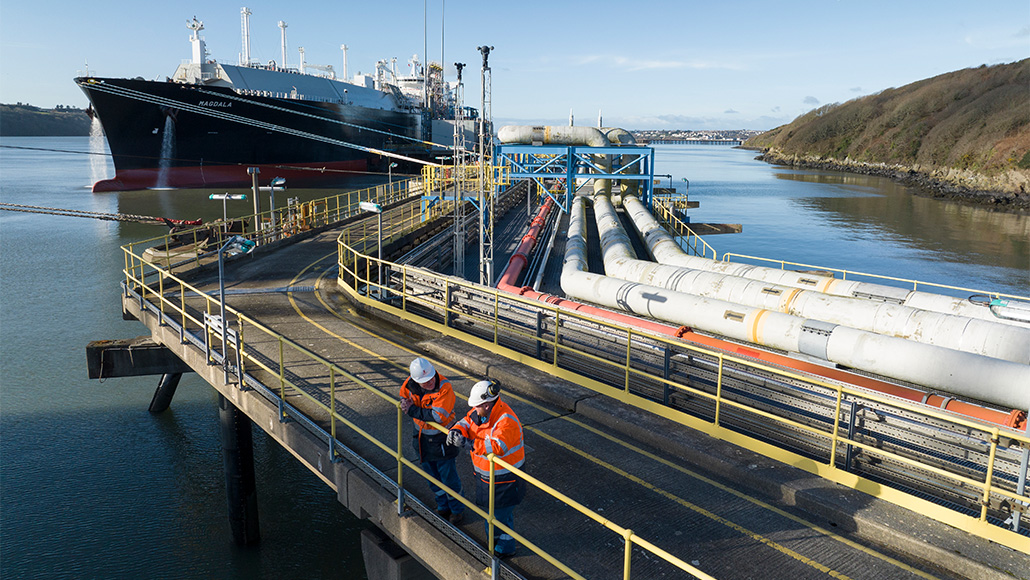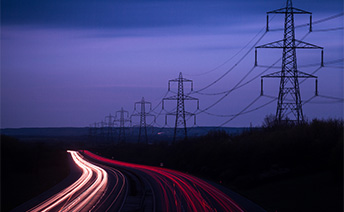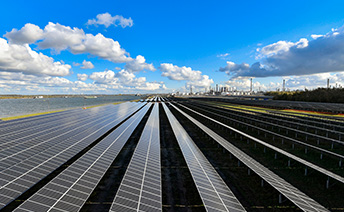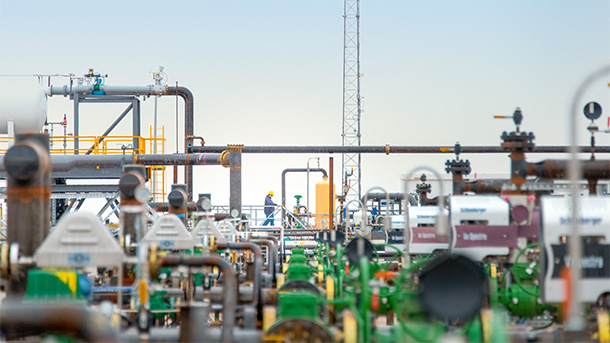Case study Supporting energy security in Europe
In 2022, Europe saw a significant rise in energy prices caused by the invasion of Ukraine and the subsequent interruption in Russian gas supplies. This rise reflected a fundamental mismatch between supply and demand for gas, compounded by a lack of available nuclear and hydropower.
To fill the gap in supply and meet its gas needs, Europe turned to imports of liquefied natural gas (LNG). Shell played its part. We delivered 194 LNG cargoes to Europe in 2022, almost five times our usual average.
We recognised the need for temporary emergency measures to mitigate the impact of high energy prices on European households and businesses. We worked with governments and the European Commission, sharing our understanding of global energy markets to help inform policy decisions.
We supported policy interventions to reduce energy demand and increase new supply, including LNG and through a faster roll-out of renewable energy. We highlighted the need for clarity from the EU about the role of gas in the medium term, to signal to the market the importance of new LNG supply.
We also supported EU policies to speed up the energy transition, through accelerated deployment of renewable energy, including power, hydrogen and renewable transport fuels, as well as increased energy efficiency. We welcomed the measures put forward by the REPowerEU plan and expressed the view that achieving the higher 45% renewable energy target proposed by the Commission would require unprecedented regulatory action and investments: to advance electrification of demand; to deliver a radical overhaul of lengthy permitting processes for renewable projects; to enhance grid infrastructure; and to overcome supply chain constraints.











